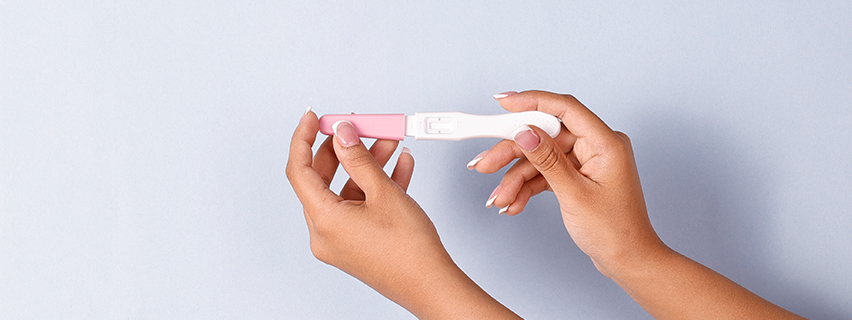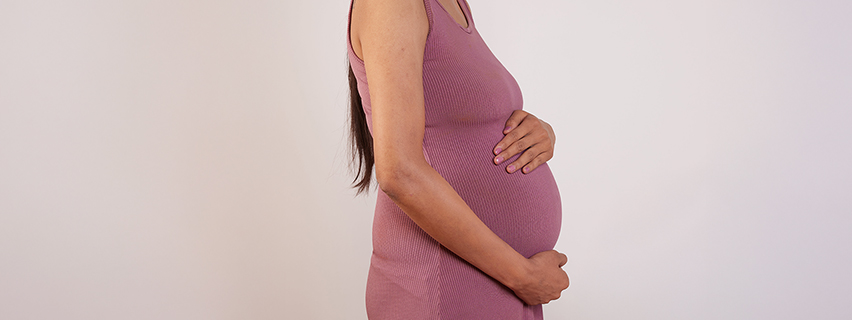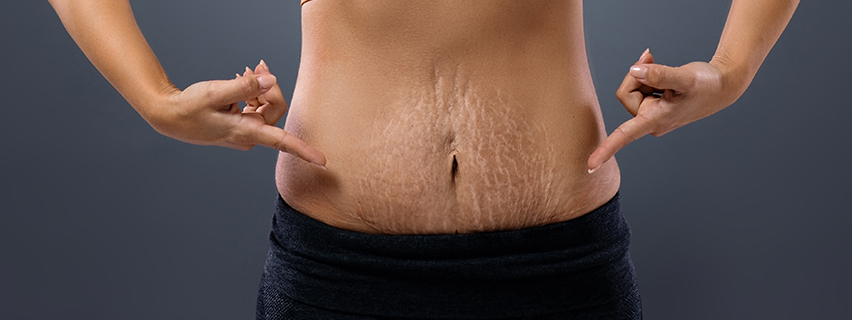What are the Trimesters in Pregnancy?
The Pregnancy Test Kit is an instant and easy-to-use tool to find out if your pregnancy is positive or negative. It does not promise a 100% accurate answer, but it’s reliable enough to give you an idea about upcoming life changes. If you are on a journey of family planning, then keeping a Pregnancy Test Kit with you can be handy. You can officially begin your journey when you see two lines on the test kit. It is a sophisticated diagnostic tool designed to give you accurate results, but a reconfirmation test is recommended at a healthcare provider. You can learn a lot about Pregnancy Test Kits and the three distinct trimesters of pregnancy in this article. This will help you stay aware of all the necessary changes and adjustments you will need during your journey.
Also, a Pregnancy Test Kit plays a vital role in deciding whether to terminate a pregnancy in case you are not ready. This is a secondary aspect, but if you are ready to move forward into your amazing 9-month journey, then let’s begin.
Pregnancy Test Kits – Confirmation

Before getting into the details about trimesters, it is necessary to understand how pregnancy is detected and why these modern test kits are extremely accurate. These test kits detect human chorionic gonadotropin (hCG), a hormone produced in a woman’s body when fertilized egg implants in the uterine lining. This hormone increases at a very fast rate during early pregnancy.
Home Pregnancy Test Kits can identify these changes through a simple urine sample. Most of these test kits are safe to use. To get a more accurate result, always test first thing in the morning, when urine is most concentrated. If you have missed your period, just wait for a day. If you still need confirmation, you can always visit the doctor for a detailed test. Once pregnancy is confirmed, you will need to shift your focus to the journey ahead. Pregnancy is usually divided into three trimesters, and each has its own ups and downs. Let’s check them in detail.
What Are Pregnancy Trimesters?
Each trimester spans three months, so in total, the 9-month pregnancy journey is divided into three trimesters. The baby changes every trimester, which can be tracked through various tests. This division helps doctors monitor fetal development until the very last day. It also allows doctors to give a tentative delivery date. The first trimester usually begins after you miss your period and continues for 40 weeks—280 days in total, where this trimester framework helps both parents and doctors keep track of the baby’s health. Here is the list of all three trimesters:
- First Trimester: Months 1-3 (Weeks 1-12)
- Second Trimester: Months 4-6 (Weeks 13-26)
- Third Trimester: Months 7-9 (Weeks 27-40)
Each trimester brings unique developments, challenges, and preparation requirements. Just remember that pregnancy is calculated from the first day of your last menstrual period.
First Trimester of Pregnancy (Weeks 1-12)
Once the test is positive using the Pregnancy Test Kit, the doctor will further evaluate your first trimester. The first three months are the most crucial for the baby—this is when most miscarriages occur. After confirmation, the doctor will do some blood tests to verify the accurate dating. Between Week 4 and Week 12, the embryo grows into a 2.5-inch-long fetus with recognizable human features, which can be seen through sonography.
Some changes you may notice in your body include morning sickness, which is quite common. You may experience extreme fatigue and frequent urination. A heightened sense of smell and breast tenderness may become noticeable. Mood swings and anxiety are common. This is the highest-risk period, so it is essential to take all necessary precautions to avoid any issues with the baby’s development. Your doctor will provide all the necessary guidelines.
You must focus on folic acid intake and avoid all types of alcohol and tobacco. Caffeine should be limited, and regular screening of the baby’s development is crucial.
Second Trimester of Pregnancy (Weeks 13-26)
Now the tough time has passed—you are in the golden period, starting from Week 13. There is a lot of relief during this phase. The baby’s movement will become noticeable, and an ultrasound will give you a more detailed view of the baby’s development. Organ development and glucose screening (to check for diabetes), along with genetic screenings, are done during the second trimester. By the end of this trimester, the baby’s weight increases, and notable human features are visible in the ultrasound.
Hair, eyebrows, eyelashes, and fingerprints develop. The baby starts hearing during this trimester and will react to sounds. Pregnancy changes will become visible on the body. Morning sickness typically subsides, and energy levels increase. You will feel hungrier, and Braxton Hicks contractions may begin. This is the time to enjoy your pregnancy and focus on a good diet and regular exercise.
Third Trimester of Pregnancy (Weeks 27-40)
You enter the final trimester in Week 27, during which your doctor visits will increase. You will receive a more accurate delivery date, and now it’s important to monitor the baby’s position. The baby starts opening its eyes, the brain develops, and the lungs become active. The baby will gain weight rapidly, and you will feel more of its movement.
At this time, you may experience shortness of breath as the uterus presses against the diaphragm. Back pain is common, and sleep issues may arise. Once you begin preparing for delivery, you may feel anxiety related to labor. It is very important to get plenty of rest during this period. Maintain good posture and engage in relaxation exercises. Practice labor positions only if you can do them without strain.
Also Read – Guiding You through Each Trimester of Your Pregnancy
Finally, once you pass through every trimester, you will be in the final stage—ready to meet the love of your life. It is essential to undergo all types of tests during this period. Any complications can be managed if detected in advance. Each trimester brings remarkable changes that can put physical and emotional stress on your body and mind. But with every passing phase, you’ll become stronger and better prepared.
It is vital to form a strong emotional connection with the baby. You can sing lullabies or talk to the baby, and sometimes, you might even get a response. In the case of complications, confidence is key. Thanks to today’s medical advancements, many issues can be resolved. All you have to do is maintain a healthy diet and closely track your baby’s growth. The trimester tracking method is the best way to stay informed about your growing child. It provides all the information you need to navigate this remarkable journey.













































Leave a comment